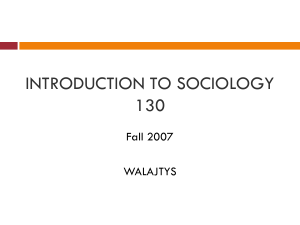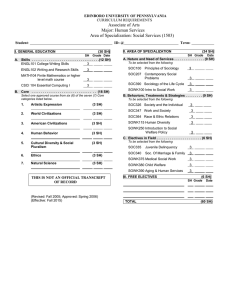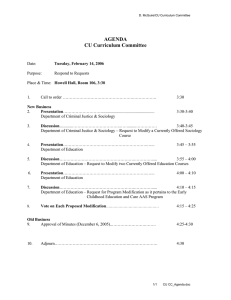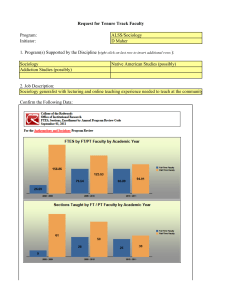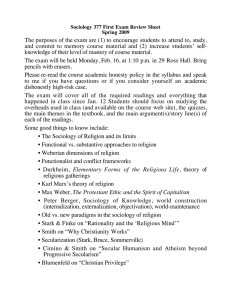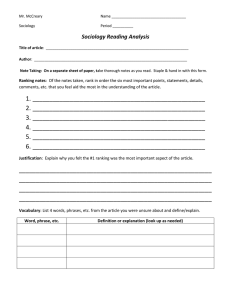Halfmann 118 ECO
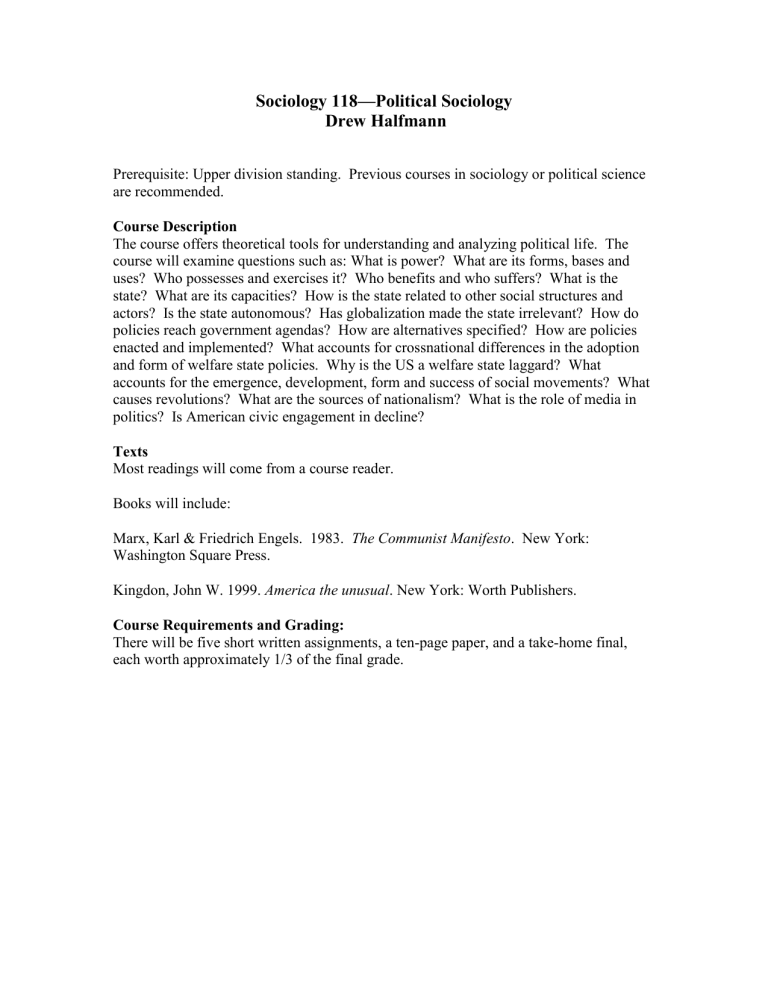
Sociology 118—Political Sociology
Drew Halfmann
Prerequisite: Upper division standing. Previous courses in sociology or political science are recommended.
Course Description
The course offers theoretical tools for understanding and analyzing political life. The course will examine questions such as: What is power? What are its forms, bases and uses? Who possesses and exercises it? Who benefits and who suffers? What is the state? What are its capacities? How is the state related to other social structures and actors? Is the state autonomous? Has globalization made the state irrelevant? How do policies reach government agendas? How are alternatives specified? How are policies enacted and implemented? What accounts for crossnational differences in the adoption and form of welfare state policies. Why is the US a welfare state laggard? What accounts for the emergence, development, form and success of social movements? What causes revolutions? What are the sources of nationalism? What is the role of media in politics? Is American civic engagement in decline?
Texts
Most readings will come from a course reader.
Books will include:
Marx, Karl & Friedrich Engels. 1983. The Communist Manifesto . New York:
Washington Square Press.
Kingdon, John W. 1999. America the unusual . New York: Worth Publishers.
Course Requirements and Grading:
There will be five short written assignments, a ten-page paper, and a take-home final, each worth approximately 1/3 of the final grade.
